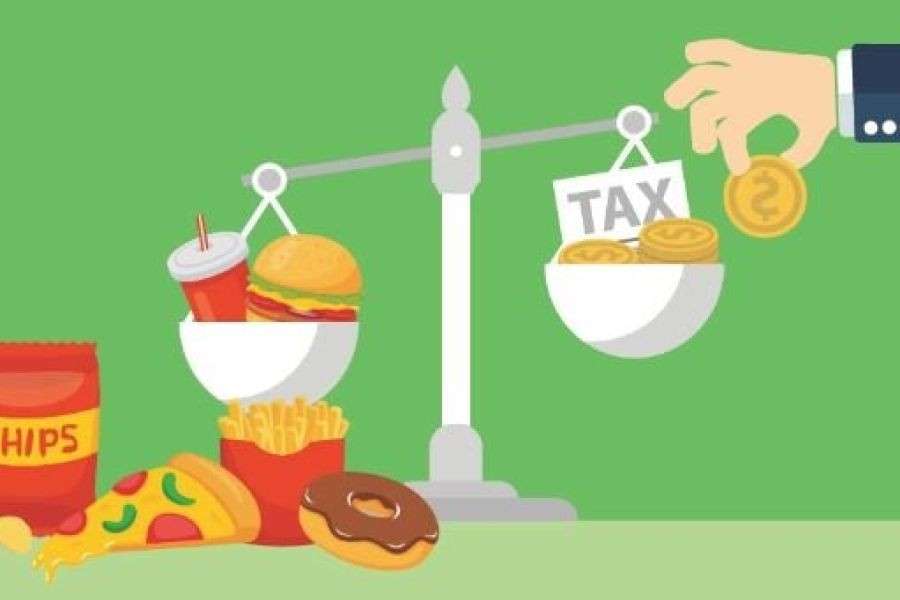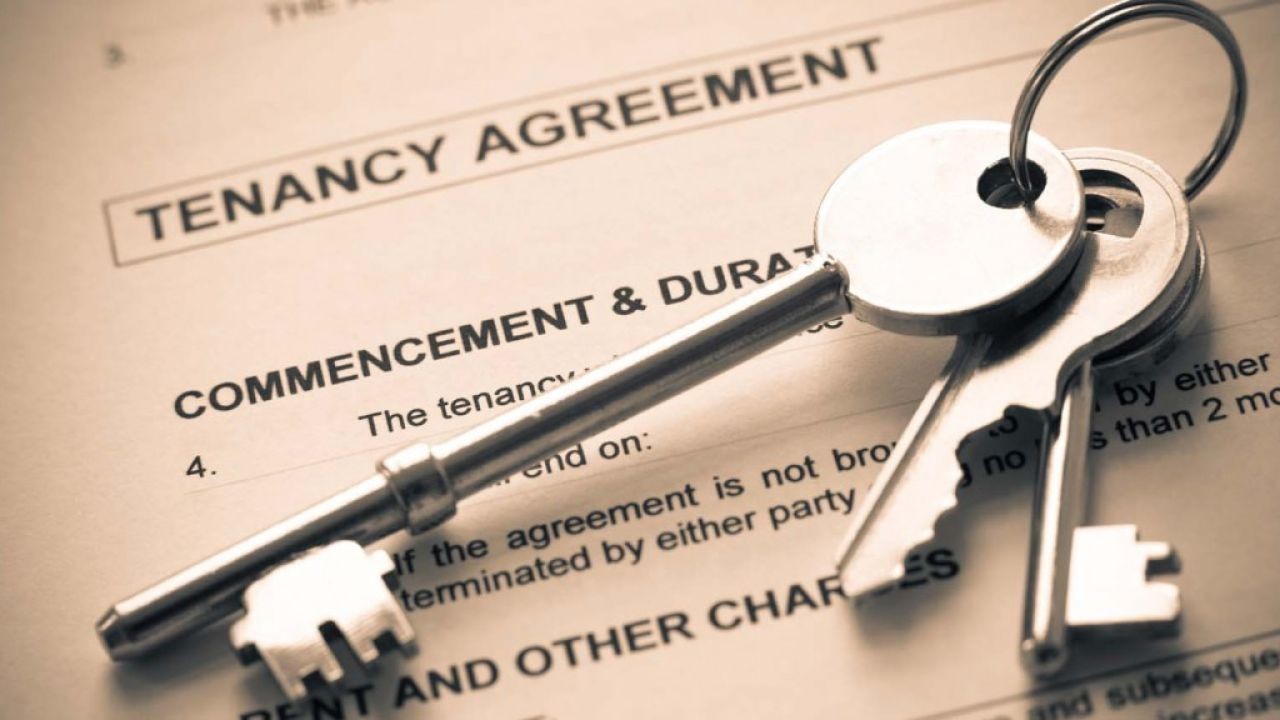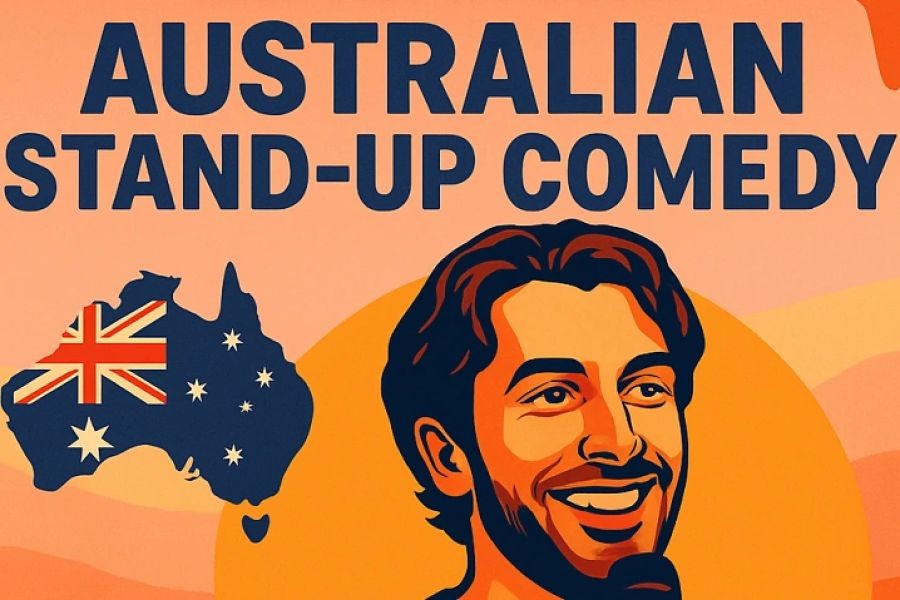The Fast Food Dilemma in New Zealand
Imagine a world where fast food is as stigmatized as smoking, where advertisements for greasy burgers and sugary sodas come with health warnings. In New Zealand, rising obesity rates and associated health problems have put fast food under the spotlight. According to the New Zealand Health Survey, about 1 in 3 adults are obese, a statistic that has been steadily increasing over the past decade. The question arises: should New Zealand tax fast food like cigarettes to curb this public health crisis?
As the country grapples with these challenges, a growing debate is emerging around the potential benefits of imposing higher taxes on fast food. Such a move could significantly reduce consumption, much like the tobacco tax has done for smoking rates. This article delves into why this approach might be necessary, explores its potential impacts, and provides a comprehensive analysis of the economic, social, and health implications for New Zealand.
What's your take on taxing fast food like cigarettes? Share your insights below!
The Current Landscape: Fast Food and Public Health in New Zealand
The fast food industry in New Zealand is booming, with an estimated revenue of NZD 3.3 billion in 2024 alone. However, this growth comes at a cost. The high prevalence of fast food consumption is linked to increasing rates of obesity, diabetes, and cardiovascular diseases. These health issues not only affect individuals but also place a significant burden on the healthcare system.
A report from the University of Otago highlighted that healthcare costs related to obesity in New Zealand exceed NZD 624 million annually. This rising trend is alarming and indicates a need for effective interventions to reduce fast food consumption.
Case Study: The Effectiveness of Tobacco Taxation
New Zealand has successfully used taxation as a tool to reduce smoking rates. The tobacco tax, which has increased steadily over the years, has contributed to a decline in smoking prevalence from 25% in 1996 to 13% in 2023. This strategy not only reduced smoking rates but also generated significant revenue, which was reinvested in healthcare initiatives.
The success of tobacco taxation serves as a potential model for addressing fast food consumption. By drawing parallels between tobacco and fast food, policymakers can consider similar strategies to promote healthier eating habits.
Economic Considerations: The Pros and Cons of Fast Food Taxation
Factor Pros Cons Revenue Generation Potential to raise significant funds for healthcare initiatives Might disproportionately affect low-income households Health Outcomes Reduced obesity rates and related health issues Potential resistance from the fast food industry Consumer Behavior Encourages healthier eating habits Risk of job losses in the fast food sector
Contrasting Viewpoints: The Debate on Fast Food Taxation
Advocates for fast food taxation argue that it will lead to better health outcomes and reduce the financial burden on the healthcare system. They point to the success of similar policies in other countries, such as Mexico, where a sugar tax led to a 7.6% reduction in sugary drink consumption within a year.
Critics, however, caution against unintended consequences. They argue that such a tax could disproportionately affect low-income families, who rely more on affordable fast food options. Additionally, there is concern about potential job losses in the fast food industry, which employs thousands of New Zealanders.
Ultimately, finding a middle ground is crucial. Policymakers could consider using tax revenues to subsidize healthier food options, making them more accessible to all Kiwis.
Myths and Misconceptions: Debunking Common Beliefs
- Myth: "Fast food taxes will not change consumer behavior." Reality: Evidence from tobacco taxation shows that higher prices can significantly reduce consumption, suggesting similar effects could occur with fast food.
- Myth: "Taxing fast food will destroy the industry." Reality: While the industry may face challenges, businesses can adapt by offering healthier options and marketing them effectively.
- Myth: "Only individuals are responsible for their eating choices." Reality: While personal responsibility is important, environmental and economic factors also play a significant role in dietary choices.
Which of these myths did you believe before reading this? Drop your thoughts below!
Real-World NZ Case Study: The Healthy Families Initiative
In 2014, New Zealand launched the Healthy Families NZ initiative to improve the health and well-being of communities. This program focuses on creating environments that support healthy eating and physical activity.
Case Study: Auckland's Healthy Families Initiative – Reducing Childhood Obesity
Problem: The Auckland region faced rising childhood obesity rates, with 1 in 10 children classified as obese. This trend was attributed to high fast food consumption and sedentary lifestyles.
Action: The Healthy Families Initiative implemented community-driven strategies, such as promoting healthy school lunches and creating more green spaces for physical activity.
Result: After five years, the initiative reported a 15% decrease in childhood obesity rates. Schools involved in the program saw significant improvements in children's health and well-being.
Takeaway: Collaborative community efforts can effectively address public health challenges. Policymakers should consider integrating similar approaches with fast food taxation to amplify results.
Future Trends: The Path Forward for New Zealand
Looking ahead, New Zealand's approach to fast food taxation could set a precedent for other countries. By 2030, it is predicted that more than 50% of countries worldwide will implement some form of fast food tax to combat obesity (Source: Global Health Policy Journal).
In New Zealand, continued research and pilot programs will be crucial to refining and implementing effective taxation policies. The integration of technology, such as AI-driven health monitoring apps, could further enhance the impact of these initiatives.
Final Takeaways
- Fast food taxation could significantly reduce obesity rates and healthcare costs in New Zealand.
- Revenue generated from the tax can be reinvested in public health initiatives and subsidies for healthier foods.
- Policymakers must balance economic impacts with health benefits to ensure equitable outcomes for all citizens.
- Community-driven programs, like the Healthy Families Initiative, can complement taxation efforts and drive positive change.
Are you ready to support a healthier future for New Zealand? Join the conversation and share your views below!
People Also Ask
- How does fast food taxation impact health in New Zealand? Taxation can reduce fast food consumption, leading to lower obesity rates and associated health issues, easing the burden on the healthcare system.
- What are the biggest misconceptions about fast food taxes? Many believe that fast food taxes won't change consumer behavior, but evidence from tobacco taxation shows significant consumption reductions.
- Who benefits the most from fast food taxes? Fast food taxes benefit public health, healthcare systems, and communities by encouraging healthier dietary choices.
Related Search Queries
- New Zealand fast food tax proposal
- Health impact of fast food in NZ
- Tobacco vs. fast food taxation
- Obesity rates in New Zealand 2024
- Healthy Families NZ initiative
- Economic impact of fast food tax
- Community health programs in New Zealand
































cathyyhv312669
11 months ago